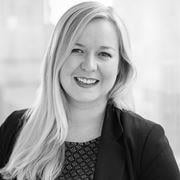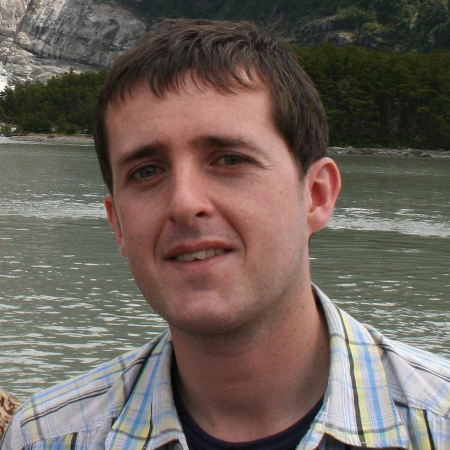 Charlotte Fernández
UKIMEA Press Office,Leeds
Charlotte Fernández
UKIMEA Press Office,Leeds
Arup has signed a two-year agreement with The Flow Partnership to help rural communities better manage their water resources to alleviate droughts and floods, and increase the availability of clean water for sanitation and other uses.
The ‘WaterUp’ project team will start by working with rural communities in India to understand how their traditional water management methods can be adapted, improved and replicated by communities worldwide. This will result in a set of language neutral, educational tools that are available for free on the Water School website, allowing communities to implement simple and affordable solutions to improve their water resilience. These visual tools will use schematics, symbols, icons and animations to share information across cultures and language barriers. The website will also be used to crowd source ideas to help achieve the UN Sustainable Development Goals, particularly SDG6, which is focused on ensuring clean water and sanitation for all.
